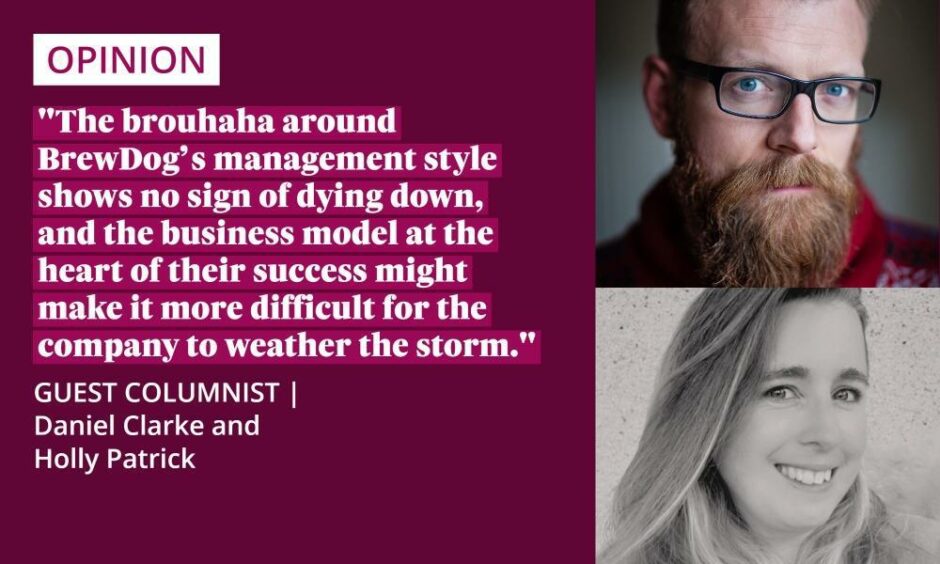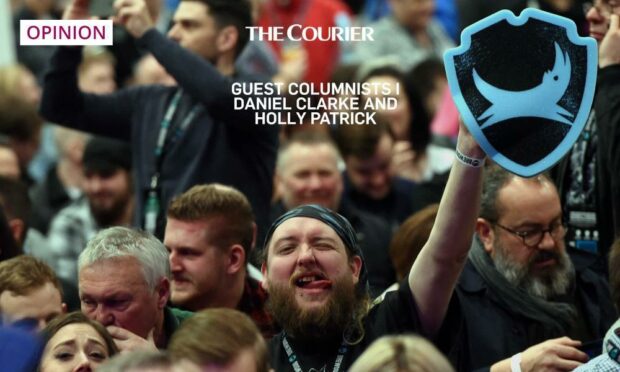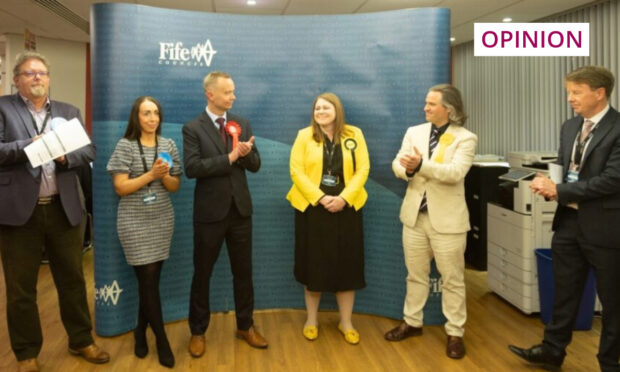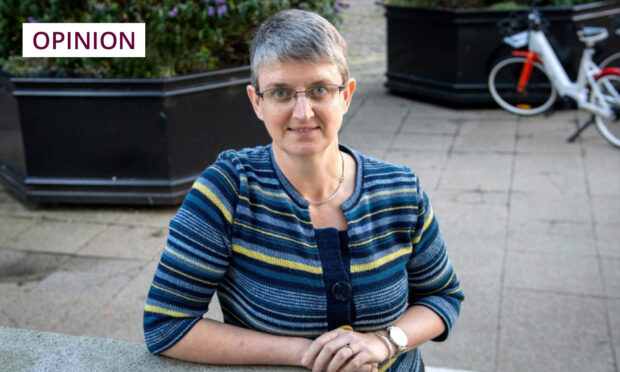BrewDog has been lauded as the great Scottish success story of the craft beer movement.
The Ellon-based brewery, perhaps best known for its edgy branding stunts and tongue-in-cheek beer names, has been at the forefront of this flourishing sector for many years.
Through its record-breaking crowdfunding initiatives, it has managed to finance extensive and rapid growth, not just in beer production but in other sectors such as hospitality and merchandising.
This rise seemed unstoppable until June 2021, when a group of former employees calling themselves Punks with Purpose issued an open letter calling on BrewDog’s management to address a culture of fear inside the organisation.

Unfortunately, for founders James Watt and Martin Dickie, the criticisms of their employment practices have not gone away.
Most recently, BBC One’s Disclosure investigated claims of a toxic and misogynistic corporate culture at BrewDog.
The irony of criticising BrewDog is that the brand has always thrived on being non-corporate.
A major ethos of the craft beer movement lies in opposing the corporate culture and bland, homogenous taste of “big beer” produced by conglomerates.
And BrewDog has excelled at all this.
Taking a leaf from the Trump playbook
Craft brewers are seen as individual and authentic.
Just as large swathes of the American public embraced Donald Trump’s “straight talking” style when he ran for President of the United States, business leaders who are censured by the mainstream can enhance perceptions of their own authenticity.
It has been a cornerstone of craft beer’s appeal and BrewDog’s anti-establishment brand in particular.
There is a difference, however, between criticisms of behaviours associated with a “personality cult” and inappropriate behaviours associated with a “culture of fear”.
Criticisms around the BrewDog founders, particularly James Watt, seem to have been around as long as their beer.
Accusations of sexism, misogyny, inappropriate behaviour and fear relating to working practices, including alleged health and safety breaches, abound.
The brouhaha around BrewDog’s management style shows no sign of dying down, and the business model at the heart of their success might make it more difficult for the company to weather the storm.
Brewdog funders expect better
One of BrewDog’s problems is that their crowdfunding model relies on customer-investors, who are likely to view corporate wrongdoing and apologies differently to traditional investors.
Whereas investors tend to reward companies that distance themselves from accusations of wrongdoing, crowdfunders are more likely to value fairness.
BrewDog’s customers have always been buying into an ethos, rather than a mere business opportunity.
Although Watt’s personality may reinforce his authenticity as the bad boy of craft beer, his denial of accusations is unlikely to impress customers who hoped they were investing in a better, more progressive type of brewer.
BrewDog is too big to blame the accusations levelled against it on naivety, youth and inexperience.
Despite cultivating a “punk” identity, they have sought to deal with the increasing criticism through more “corporate” techniques, such as commissioning an independent review of culture and people practices.
However, the Disclosure programme has shown that a variety of people, unlike traditional investors, expect more from BrewDog.
In order to recover from the legitimacy crisis they are currently facing, the brewer needs to move away from the marginalisation of complainants.
The future of their brand rests on reconciling being punk with being fair, and this starts by embracing critique and dealing meaningfully with the issues that workers have been raising.
Dr Daniel Clarke, University of Dundee, and Dr Holly Patrick, Edinburgh Napier University, are co-editors of Researching Craft Beer, a book exploring the culture, community and values of the industry.













